Publication
Implicating mobile phones in violence against women: What’s gender got to do with it?
This paper gives an analysis of women and men’s differential access and use of the mobile phone and how through it gender stereotypes are reinforced. During a four year study in Zambia, it emerged that although there were clear advantages that have come as a result of mobile phones some negative social impacts which reinforce gender stereotypes and power relations and subsequently result in…
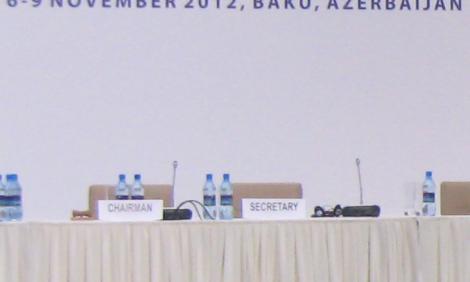
In depth
Women at the IGF: Now we need to mainstream gender
This year's Internet Governance Forum came to a close in Baku, Azerbaijan on 16 November. GenderIT.org contributor Sonia Randhawa spoke to three women about their experiences at the IGF, and whether any progress is being made in terms of the representation of women, and the prominence of women's rights and gender as cross-cutting issues for internet goverance. Jac sm Kee is from Malaysia and…
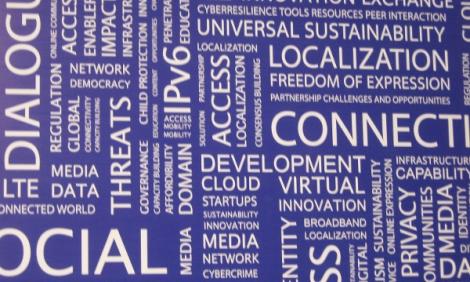
Editorial
Has the seventh IGF brought breakthrough for gender equality?
It is my pleasure to introduce this volume of essays on gender issues at the IGF. The seventh IGF, held in Baku Azerbaijan during 2012, saw several milestones. The IGF showed that it was a maturing forum that was able to tackle important issues, some of which had been taboo in the past.
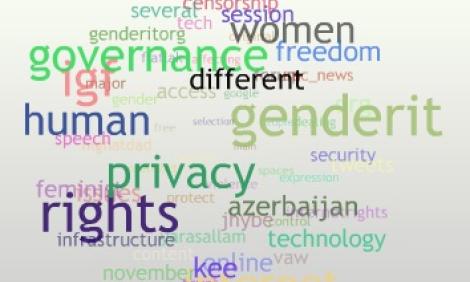
Feminist talk
Women's take on internet governance: A selection of tweets from IGF 2012
This is a selection of the tweets circulated during the Internet Governance Forum in Baku, Azerbaijan, from November 6-9 2012. They were selected following the criteria of its relevance in reflecting the discussions around women’s role in internet governance processes, as well as women’s and internet rights during the IGF.
Publication
Going visible: Women’s rights on the internet
Information and communication technologies (ICTs) create new scenarios, new ways for people to live, and these reflect real-life problems. Women need to assert their rights here with determination and without delay. Women may not have been an active part of policy-making conversations when internet governance started, but the rapid pace of change online means they need to participate now to…
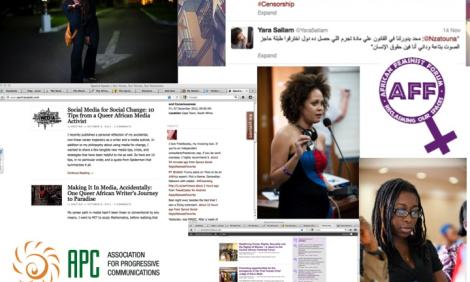
Feminist talk
‘Feminist Cyborgs: Activism, Fundraising and Security Online’: register now for AFF and APC webinar
This webinar will examine the idea of the feminist cyborg. The feminist cyborg is at home both online and offline, and her activism is reflected in her online life (whether it is through blogs, tweets and general online presence) as well as in what she does offline (working for a feminist organization, working with women’s rights organizations and social justice movements, or in progressive media…
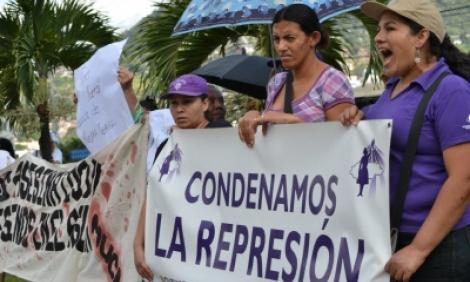
In depth
Women human rights defenders and digital security: Reflections with a Latin American accent
A survey of women human rights defenders (WHRDs) conducted as part of APC’s Connect Your Rights! campaign revealed some interesting practices and perceptions in terms of their use of information and communications technologies in their work. Daysi Flores, a GenderIT.org contributor, analyses the preliminary results of the survey, in light of the realities of Latin America.
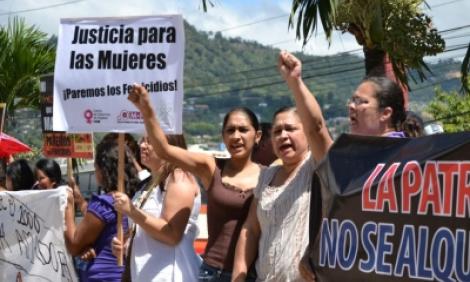
In depth
Who benefits from the silence? Freedom of expression and women human rights defenders in Costa Rica, Honduras and Guatemala
In this article, Daysi Flores, a JASS Mesoamérica representative and GenderIT.org contributor, looks at a number of new cybercrime laws in Costa Rica, Honduras and Guatemala that pose a threat to online security, the right to privacy, and freedom of expression and association for the countries’ citizens in general, but for women human rights defenders in particular.

Feminist talk
Attack on Pakistani youth activist will not shake women's rights activists
An exceedingly sad, insensate and astounded feeling comes to mind while writing this piece about an innocent 14 year-old activist Malala Yousafzai shot in Swat, Pakistan earlier today. This young girl who exemplifies active participation in the Take Back the Tech! campaign in Pakistan.
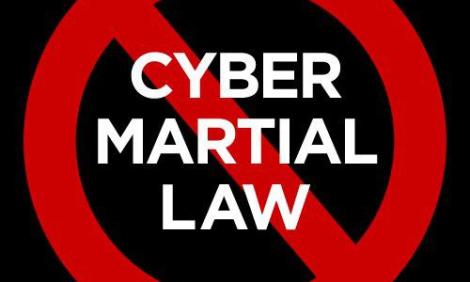
In depth
Philippines: the problematic cybercrime prevention law of 2012
The recent passage of the Philippine Cybercrime Prevention Act of 2012 (or the Republic Act 10175) has elicited strong negative reactions from various stakeholders. Civil society organizations (CSOs), academe, journalists, bloggers, and Filipino netizens have expressed great concern over certain provisions of the law that impinged their constitutional right to freedom of expression. To date,…




